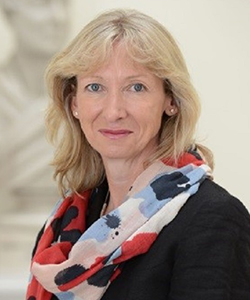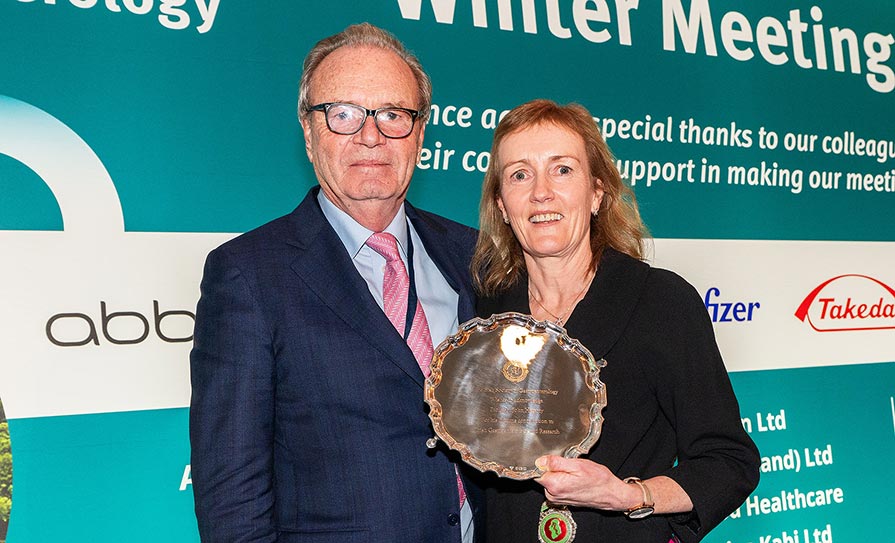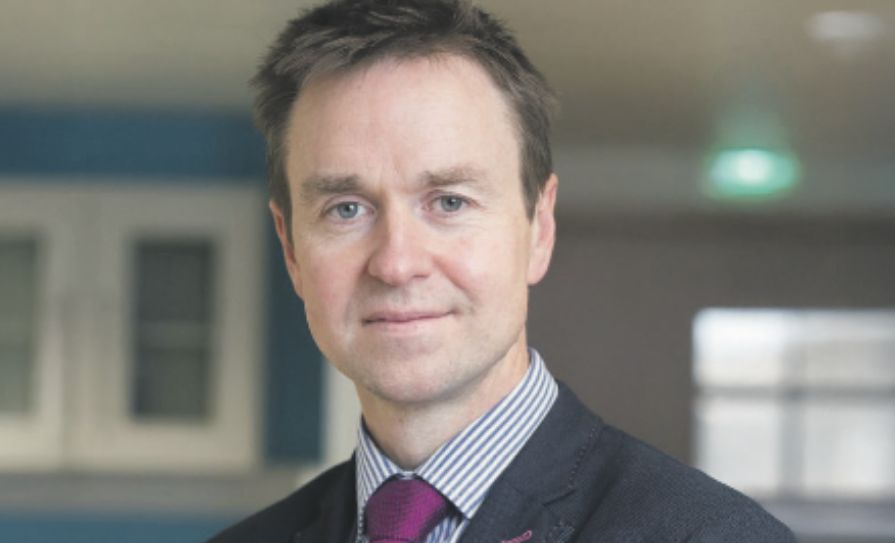While the IHCA welcomes increased funding for mental health in Budget 2025, much more is required, writes interim Secretary General of the Association, Dr Alice McGarvey (PhD)

Any increase in funding for mental health is to be welcomed. In Budget 2025, the Government allocated an additional €16 million for the enhancement and expansion of mental health services. This includes suicide prevention, Traveller mental health, child and adolescent mental health services (CAMHS), and the implementation of the Sharing the Vision strategy. Additional investment will also be provided for a number of new beds in the national forensic mental health service.
Underinvestment
However, due to the significant historic underinvestment, our mental health services are playing catch-up on decades of a lack of capital funding for our mental health infrastructure. To address this, the mental health budget should increase to at least 10 per cent of the total health budget, as recommended in Sláintecare.
Currently, less than 6 per cent of our health budget goes to mental health, which is half the level of our European neighbours. Yet Ireland has the third lowest number of inpatient psychiatric care beds in the EU. An immediate shortfall of 830 acute psychiatric inpatient beds was identified this year by the HSE. However, taking previous recommendations from the joint Oireachtas committee on the future of mental health care, the current shortfall is more than double the HSE estimate at around 1,800 inpatient beds.
Staffing
Ongoing challenges with the recruitment and retention of consultant psychiatrists persist, with more than a quarter (156 posts or 28 per cent) of approved consultant psychiatry posts currently vacant or filled on a temporary basis. The increased number of unfilled child and adolescent psychiatry posts, estimated at around 35 per cent, has contributed to more than 3,800 children on the CAMHS waiting list at the end of May.
The Association welcomes the fact that the Government has reduced the CAMHS waiting list from the record highs of around 4,600 seen in mid-2023. This is a significant achievement. But more needs to be done, given that the current waiting list is still 286 (8 per cent) more than at the start of 2022 and an increase of almost two-thirds compared with the waiting list at the start of 2020.
The vast majority of community adult mental health community teams are also significantly below the recommended staffing levels, having on average 70 per cent of the staffing recommended in the previous strategy, A Vision for Change. Staffing deficits are significantly worse in psychiatry of later life and CAMHS, both of which have just 63 per cent of the recommended number of staff.
Legislation
However, funding alone will not address all the challenges faced by patients needing access to mental health services or by the staff providing specialist care. Legislation remains crucial, especially the Mental Health Bill published in July 2024.
The IHCA welcomes a number of positive amendments following the participation of the Association in the Bill’s pre-legislative scrutiny. However, there continue to be areas of concern with specific regard to proposed implementation of the Act. These concerns are being addressed by the psychiatry committee of the IHCA with a view to further engagement with TDs and Senators over the coming months as the Bill moves through the Oireachtas. We hope our further positive engagement will have an equally positive impact.













Leave a Reply
You must be logged in to post a comment.